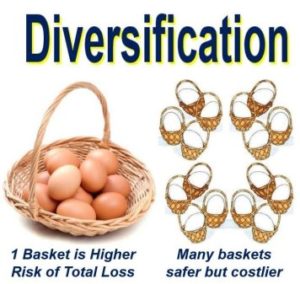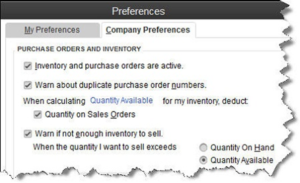How Do Profitable Traders Save on Their Taxes?
Stock trading is an up-and-down endeavor and investors can win big, lose it all or maintain an even keel. For those investors that achieve a high level of success and become profitable traders the next trick is to learn how to save on taxes. That can be a completely different game in and of itself. So what can you do to keep your tax bill down if you have been a profitable investor?
There are many strategies that successful investors employ to save on taxes, including deducting their home office expenses. Many traders work out of their home and that means they can deduct their work space, their electronic equipment and several other items. It could be as much as 10 – 20 percent of their home. This can be a very helpful deduction for investors as well as anyone who works out if their home.
Another smart move that successful traders make is to deduct their business travel, as well as their expenses for seminars and education. Many traders can also deduct their health insurance premiums. Retirement plan contributions can also be tax deductible if a trader qualifies for tax trader status. He/she also has to use an S-Corp or C-Corp management company to qualify. As for highly successful traders with a lot of income, they should consider a defined-benefit plan. These plans can allow for much larger tax-deductible contributions.
One other smart move is to save on taxes with long-term capital gains. If you hold an investment for 12 months or longer your capital gains tax rate is lower than when you sell an asset that you’ve held for less than a year. All of these steps are possible options for traders who want to cut back on their tax bill. You can contact GROCO to learn more about these and other tax-saving options. Call us at 1-877-CPA-2206
Making Tax-wise Investments
Making Tax-wise Investments Tax considerations are not, and should never be, the be-all and end-all of investment decisions. The choice of assets in which to invest, and the way in which you apportion your portfolio among them, almost certainly will prove to be far more important to your ultimate results than the tax rate that…
Reducing Risk With a Diversified Portfolio
Reducing Risk With a Diversified Portfolio Have you been worried about the stock market’s recent volatility? You’re not alone. The stock market in March was a roller-coaster ride that served as a reminder to investors that the market’s ups and downs can be a little dizzying. But a volatile market should not leave you feeling…
Are You Defining Items in QuickBooks Correctly?
[vc_row][vc_column][vc_column_text] Create item records in QuickBooks carefully, and QuickBooks will return the favor by running useful, accurate reports. Figure 1: Clearly-defined items result in precise reports. Obviously, you’re using QuickBooks because you buy and/or sell products and/or services. You want to know at least weekly — if not daily — what’s selling and what’s…
Saving Money for College: Education Credits
Saving Money for College: Education Credits Education credits are tax credits available for qualified education expenses paid by the taxpayer in the furthering of their education. Qualified education expenses are defined as an expense paid during the tax year for tuition and fees required by an eligible educational institution for student enrollment and attendance. Room…




